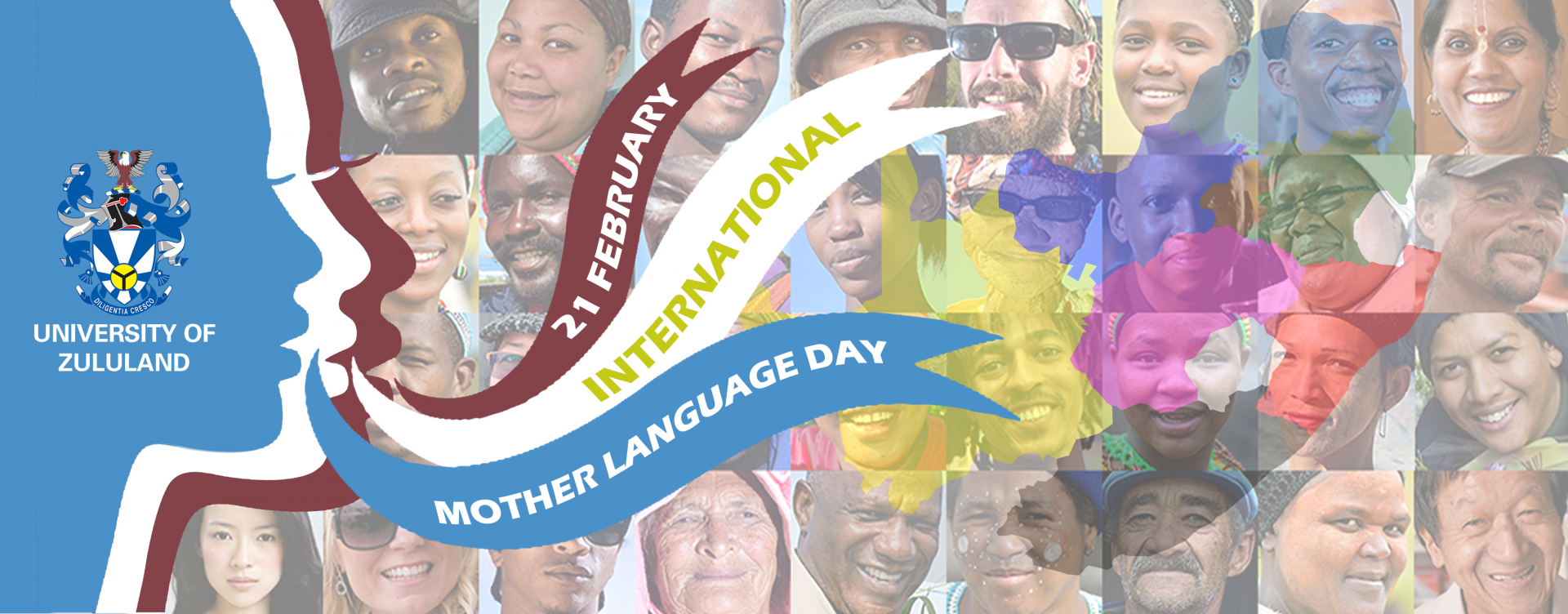Revelling Mother Language Day

The 21st February is celebrated globally and aims to bring awareness to cultural and linguistic diversity. On International Mother Language Day, South Africans are being encouraged to honour their identities.
In 1999 UNESCO declared 21 February as International Mother Language Day. The date was chosen because it commemorates the students killed during a protest in Bangladesh in 1952. They were part of a group campaigning for the official use of Bengali as their mother language.
According to UNESCO education based on the first language or mother tongue, must begin from the early years as early childhood care and education is the foundation of learning.
This year’s theme, Fostering multilingualism for inclusion in education and society, recognises that languages and multilingualism can advance inclusion, and the United Nations Sustainable Development Goals’ focus on leaving no one behind. As recently reported on the South African government’s website, linguistic diversity is increasingly threatened as more and more languages disappear. One language disappears on average every two weeks, taking with it an entire cultural and intellectual heritage.
Sibusiso Ntuli, a lecturer in the African Languages Department, said that they teach and assess students in mother tongue. Class presentations by students are done in mother tongue. They also encourage students to even write books in mother tongue. “As a department we were able to unshackle the hegemony of teaching mother tongue through the medium of English. Our dream is to achieve bilingual teaching at UNIZULU. Some colleagues from other fields have already started to ask for translation of their key teaching material into mother tongue. This is indicative that if handled well, mother tongue does have huge opportunity in other spheres of teaching and learning, that is through bilingual teaching.”
Nelson Mandela’s observed that, “without language, one cannot talk to people and understand them; one cannot share their hopes and aspirations, grasp their history, appreciate their poetry, or savour their songs.”
- Precious Shamase














2 Comments
I don’t think the title of your article matches the content lol. Just kidding, mainly because I had some doubts after reading the article.
Thank you for your sharing. I am worried that I lack creative ideas. It is your article that makes me full of hope. Thank you. But, I have a question, can you help me?